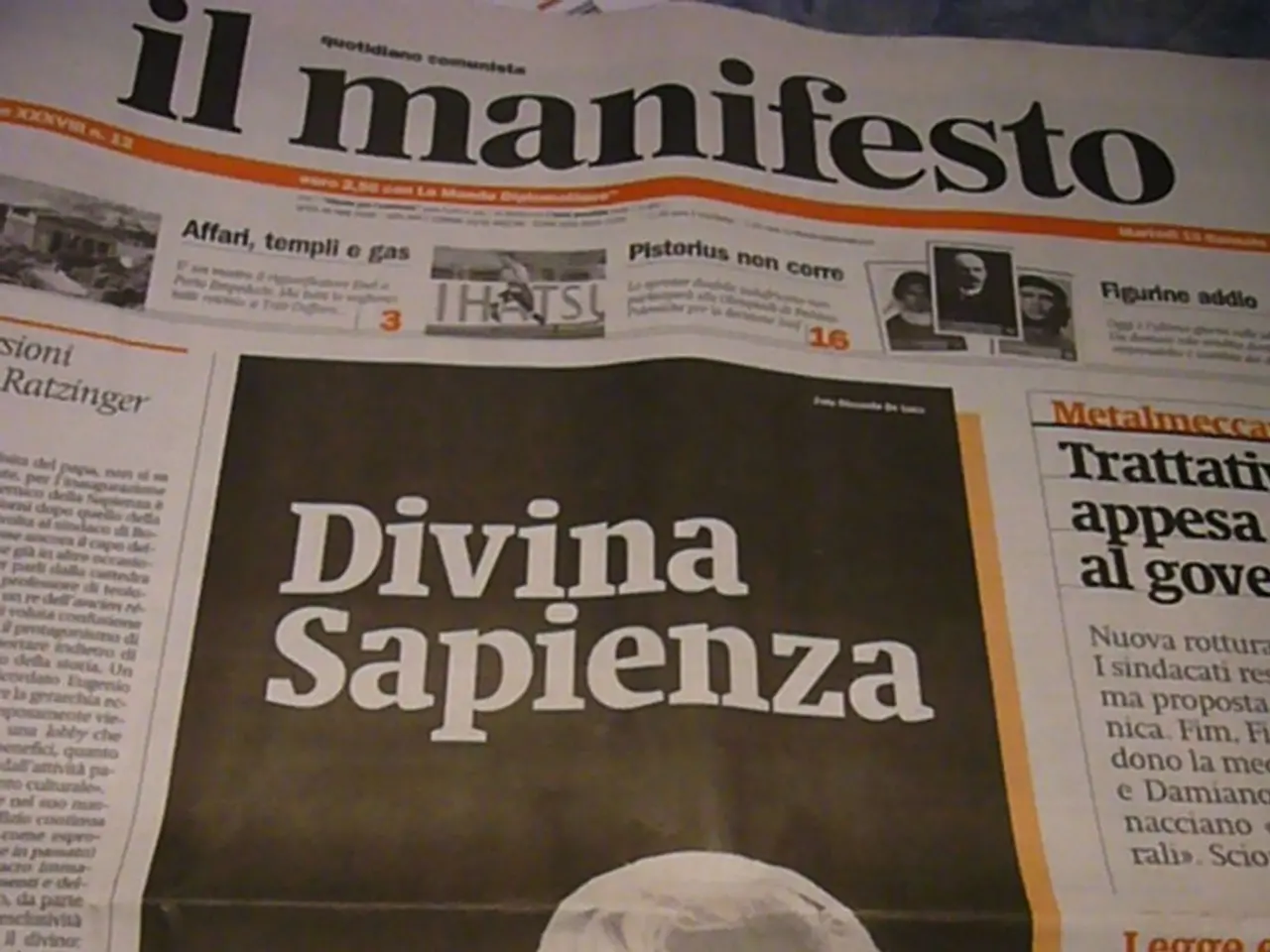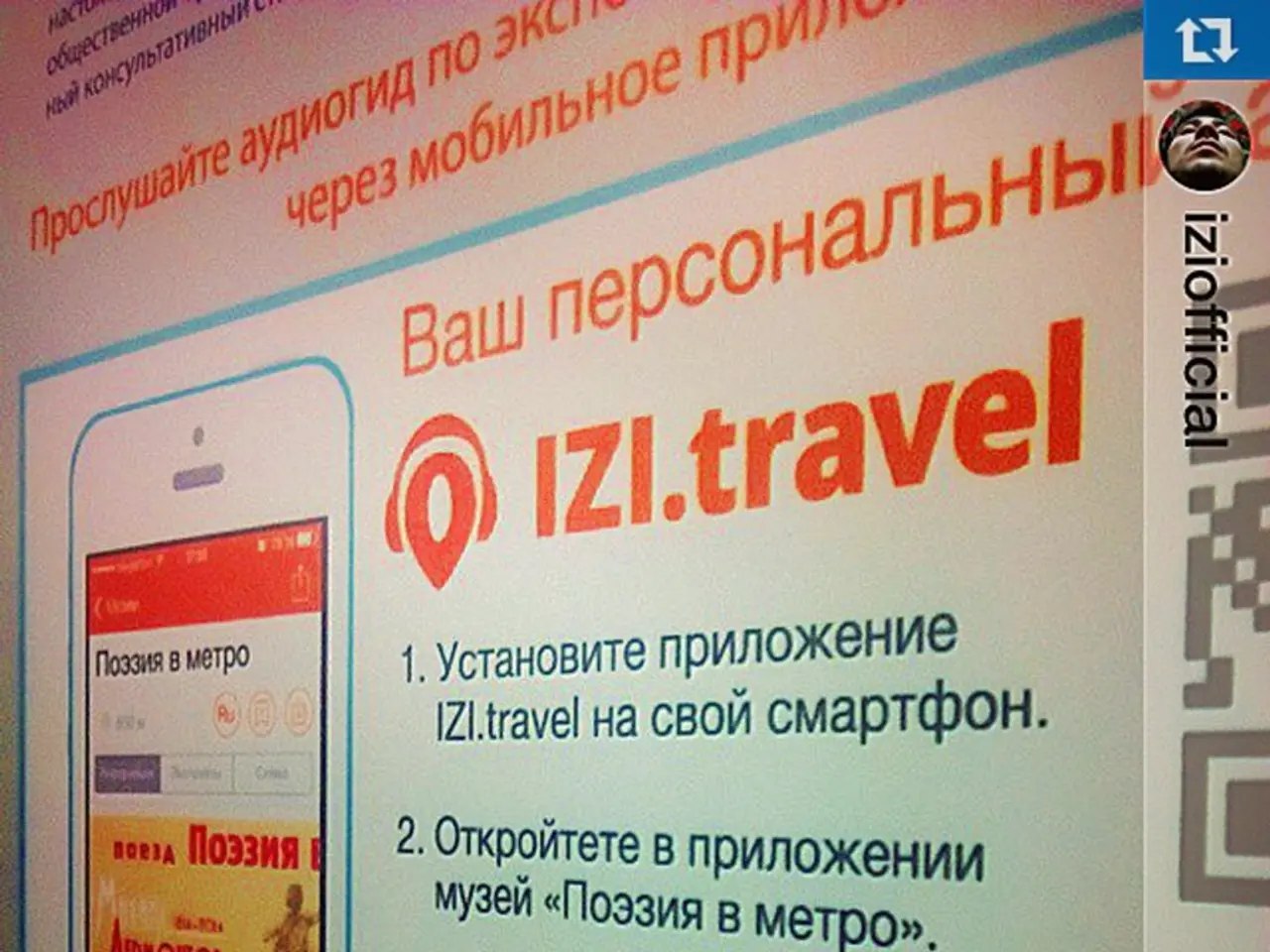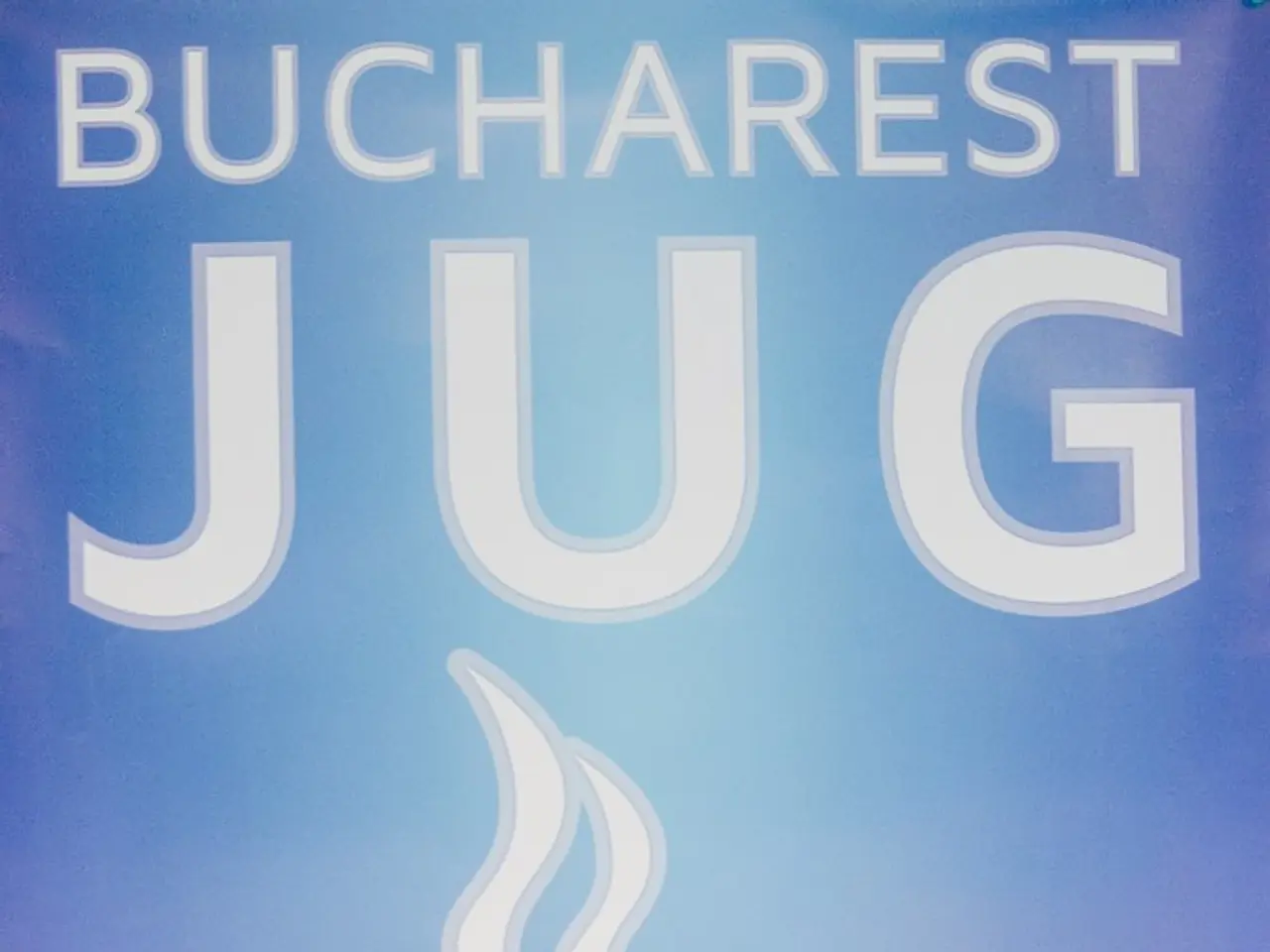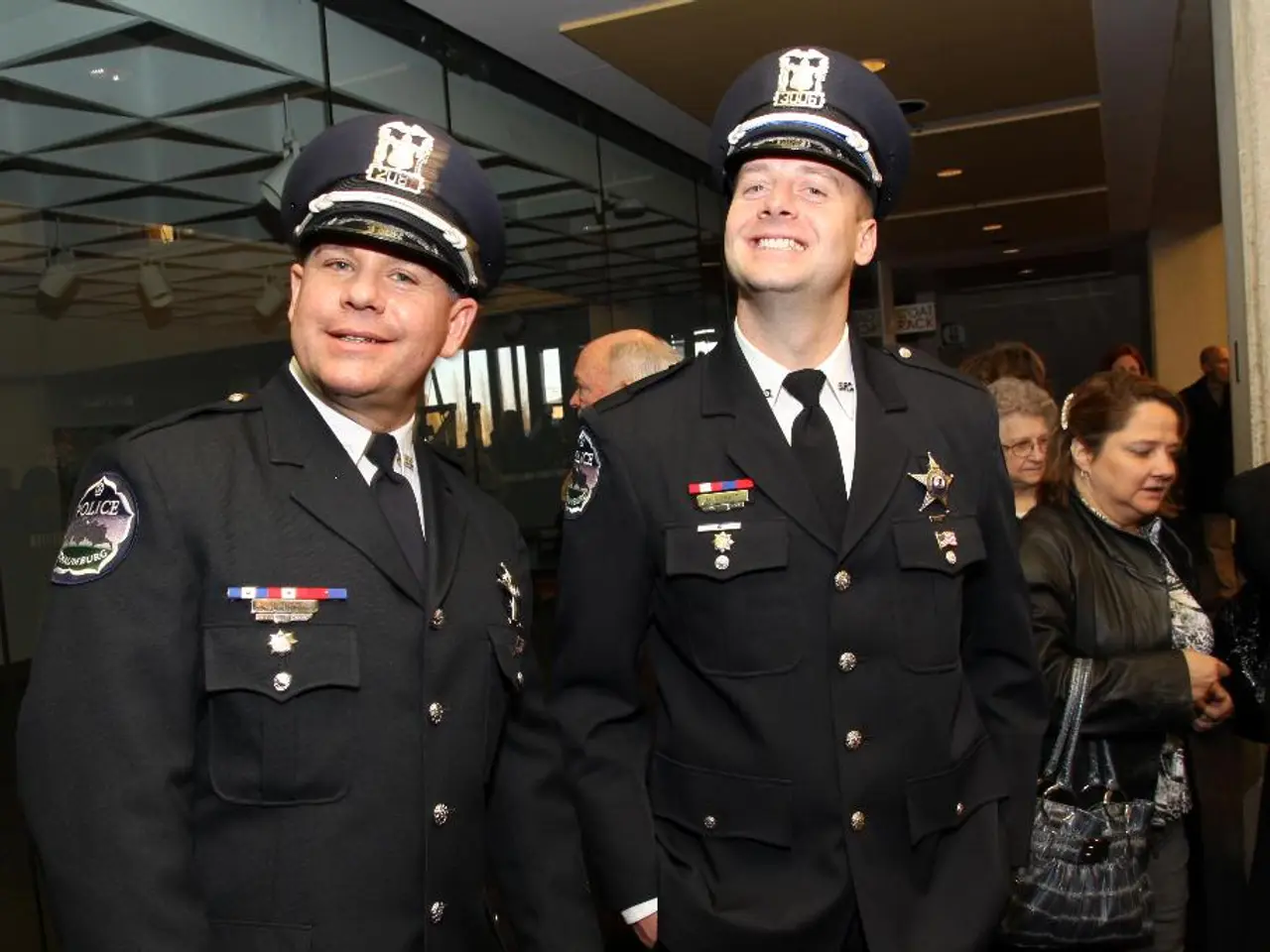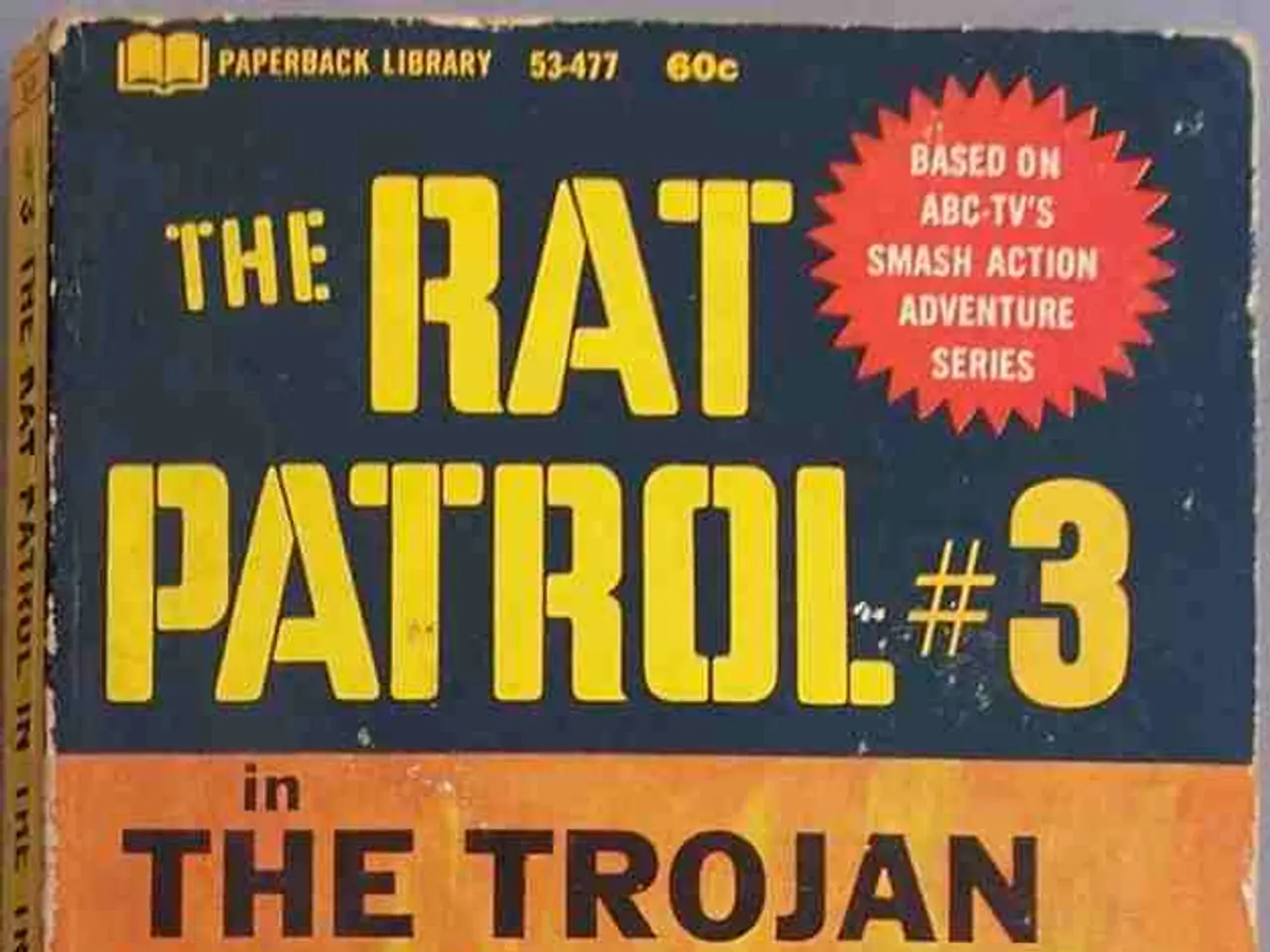U.S. Trial for Julian Assange: His Testimony on the Matter
Julian Assange's Testimony on U.S. Prosecution and the "Collateral Murder" Video
Julian Assange, the founder of WikiLeaks, testified before the Parliamentary Assembly of the Council of Europe (PACE) regarding the U.S. Department of Justice's (DOJ) actions against him and WikiLeaks.
During his testimony, Assange emphasized his belief that the U.S. prosecution of him is a severe threat to press freedom and journalism. He argued that as a publisher, he should be protected under the First Amendment like other mainstream journalists, not prosecuted under the Espionage Act for publishing classified information.
Assange contends that the U.S. government's charges, which include conspiring with Army intelligence analyst Bradley Manning to disclose classified documents, set a dangerous precedent that could undermine journalistic practices globally and chill investigative reporting on government actions.
The "Collateral Murder" video, a controversial footage of a U.S. military attack that was released by WikiLeaks, was a significant part of Assange's testimony. The video was referenced repeatedly and was shown as a screen shot. It was also used in the film "Perpetual War".
Assange accused the U.S. DOJ of criminalizing journalism for exposing atrocities committed by the U.S. military. He argued that the prosecution of a foreign national sets a dangerous precedent and could embolden other national governments, such as Russia, to similarly target journalists and whistleblowers, endangering the international freedom of the press.
Assange concluded his testimony by emphasizing the importance of journalism in a free and informed society. He urged Europe not to allow the prosecution of journalists for doing their jobs. He claimed he chose freedom over justice in his decision to publish the "Collateral Murder" video and other classified documents.
Assange's case has been framed as emblematic of the broader risks faced by investigative journalism when governments use espionage and national security laws to punish publishers. His supporters have expressed concerns that prosecuting him could encourage analogous actions by other national governments, potentially undermining the freedom of the press worldwide.
- The "Collateral Murder" video, a controversial footage of a U.S. military attack that was published by Assange, was highlighted as a threat to free speech and journalistic practices, potentially undermining truthful reporting on war and conflicts and general news.
- Assange argued that the articles of the First Amendment, which safeguard free speech and freedom of the press, should have protected him as a publisher, not the Espionage Act, which he was charged under for disclosing classified information.
- Assange's belief is that the U.S. government's prosecution of him sets a dangerous precedent in the realm of politics and international relations, potentially encouraging other governments, like Russia, to target journalists and whistleblowers, thereby jeopardizing the freedom of the press globally.
